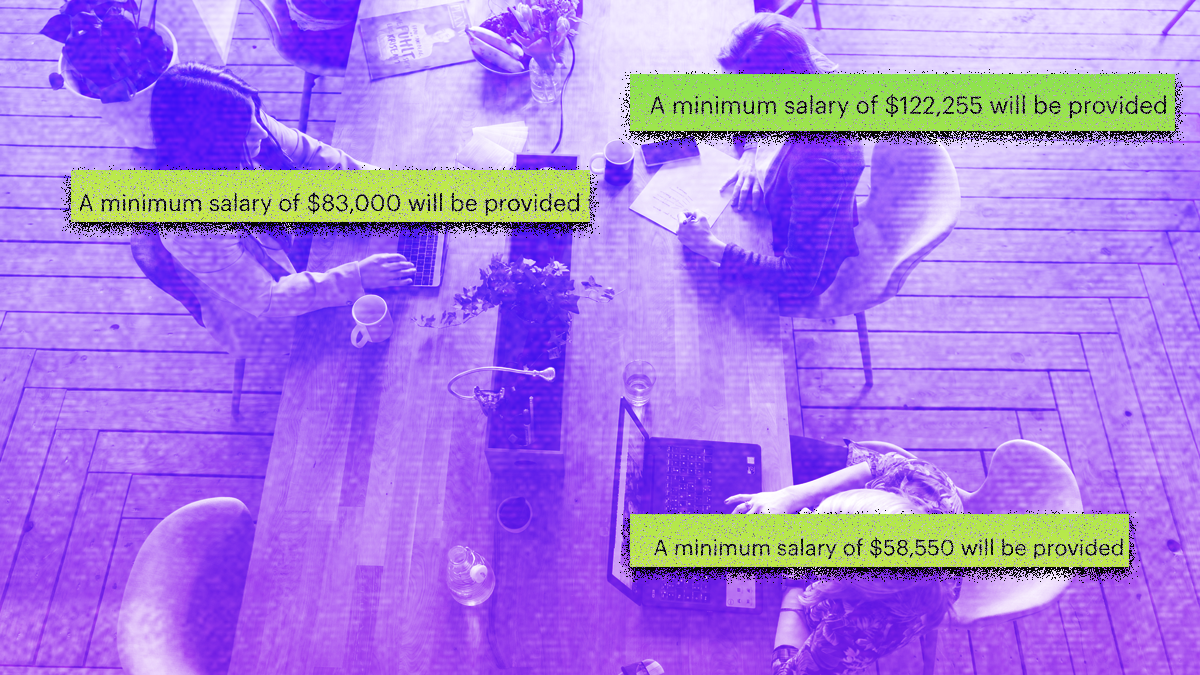Abortion rights, women of color, and LGBTQI+ people are under attack. Pledge to join us in fighting for gender justice.
COVID-19 Shows Us We Need Me Too Now More Than Ever

As we observe Sexual Assault Awareness Month, it’s hard to remember that only a few weeks ago Harvey Weinstein was sentenced to 23 years in prison for rape and sexual assault. Now, it feels like the world has shifted as we navigate quarantines, closures, job loss, and serious health risks in response to COVID-19.
Sometimes during crisis, we’ve heard that people should be grateful just to have a job or any place to live—that worrying about discrimination, harassment or assault is a luxury we can’t afford. In other words, that Me Too doesn’t matter. But Me Too is even more important and relevant right now.
The COVID-19 crisis puts many workers at greater risk of harassment and workplace abuse
COVID-19 exposes and exacerbates existing inequities and economic insecurities that increase risk of harassment and violence at work, school, and home. Low-paid workers—mostly women of color—already faced heightened risk for assault and harassment in the workplace before the crisis. Now many women in low-paid jobs are essential workers on the front lines of the COVID-19 crisis and among those hit hardest by job loss. Many gig workers are also on the frontlines and without legal protections against harassment because they are often classified as independent contractors.
Employers are exploiting and silencing workers during this crisis and Asian American and Pacific Islander (AAPI) workers are targeted with harassment. Without a safety net, workers are more desperate to keep a paycheck at any cost and less willing to report harassment or assault, increasing the risk of coercion and abuse.
The health and economic crisis increases the risk of domestic and sexual violence at home
Many families, including child and adult survivors of domestic violence or sexual assault, are now forced to stay at home. Workplaces or schools are no longer safe havens from abuse for these survivors. And those who have lost jobs may have new or increased dependence on an abusive partner or parent for housing, health insurance, food, transportation, and child care.
Now is the time to preserve and expand civil rights, not roll them back
Before this crisis, survivors said “me too,” demanded justice, and started to transform our culture and laws against harassment and sexual violence. Since #MeToo went viral, 17 states have strengthened workplace anti-harassment laws, including New Mexico and South Dakota last month. Some states have extended laws to cover independent contractors and increased the statute of limitations for bringing a claim. Many prohibited employers from using nondisclosure agreements (NDAs) to force survivors into silence.
This momentum must continue. Federal and state policymakers must preserve and expand civil rights laws—not threaten to roll them back like the civil rights agency overseeing federal contractors or the U.S. Department of Education. Some schools are also undermining students’ civil rights by remaining silent on how sexual harassment investigations will be impacted by the crisis, or worse, delaying cases indefinitely.
At a minimum, federal and state policymakers need to address the impact of this crisis on survivors by:
- Tolling or extending filing deadlines for civil rights charges and complaints, so people do not lose rights because of the crisis.
- Ensuring schools continue to comply with civil rights and school safety obligations, including providing academic and safety accommodations and services to students who report harassment—including cyber harassment—and other discrimination. The U.S. Department of Education should also suspend the proposed Title IX sexual harassment rulemaking process during this emergency period.
- Directing more funding to meet the increased needs of domestic violence and sexual assault programs.
- Ensuring survivors have access to paid safe leave and unemployment insurance when forced to leave a job due to domestic or sexual violence.
- Expanding resources to prevent homelessness for survivors of domestic and sexual violence and their families.
- Ensuring that immigrant survivors of violence are protected from immigration enforcement when they seek help.
- Maintaining access to courts and other legal responses to keep survivors safe.
Congress can enact long-term structural changes that will help ensure that future crises don’t disproportionately harm survivors by passing the Be HEARD in the Workplace Act, a comprehensive workplace antiharassment law; passing HR. 5388, a bill that would block the Education Department’s proposal to weaken Title IX sex discrimination protections; reauthorizing the Higher Education Act with more affirmative protections for students against sexual harassment; and reauthorizing the Violence Against Women Act.
These protections are urgent during this crisis and important as we enter a recession, but they were always needed. Let COVID-19 be a catalyst for enacting survivor-centered change that the voices of Me Too have demanded.






